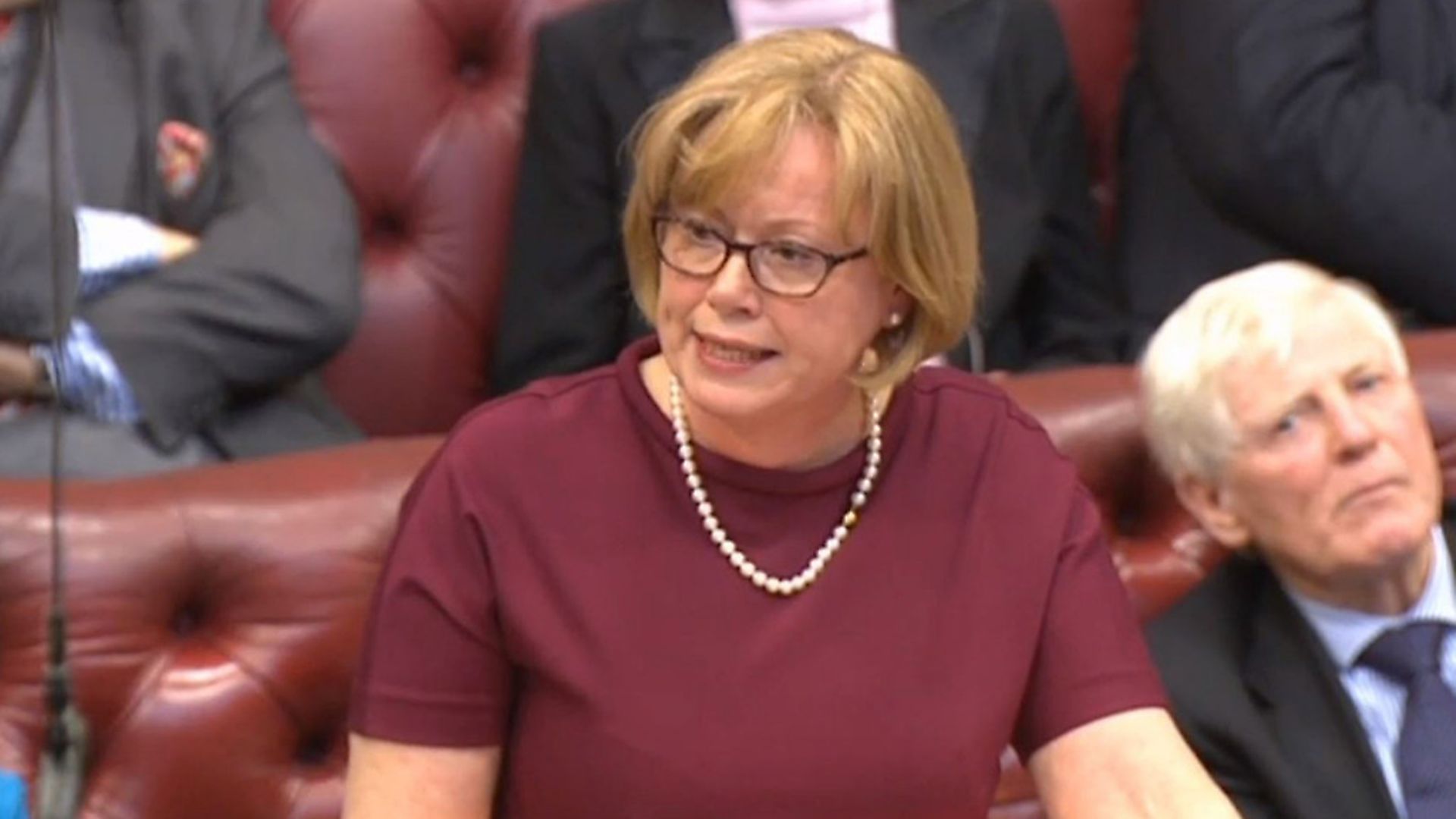
From the local elections to the House of Lords, the case for a Brexit rethink is inescapable, says ANDREW ADONIS
The big story of the local elections isn’t that Labour did badly and the Tories did better than expected – although both are true – but rather the Faragisation of the Conservative party, which is now almost complete. So much so that I predict Nigel Farage himself will join the Conservative party if Brexit goes through next March.
A key reason why the Conservatives polled 35% per cent of the vote, neck-and-neck with Labour although the elections were largely in London and urban England, is that UKIP collapsed to the Tories. By far the biggest loss of seats by any party was the 120 councillors lost by UKIP, almost all of which went Tory.
This happened mostly in the areas that voted strongly Leave in the 2016 referendum. In some areas the switch was dramatic. In Basildon in Essex, a Labour seat under Tony Blair, the Tories polled 55% to Labour’s 25%, and won 10 of the 15 seats up for grabs, because of a wholesale shift to the Tories of the formerly large UKIP vote.
There is an important footnote to the Basildon result. The ex-Labour MP for the town is the excellent Angela Smith, reincarnated as Baroness Smith of Basildon and now Labour’s leader in the House of Lords. To explain why the Labour leadership in the Lords is so pro-Brexit – including this week when it imposed a three-line whip to abstain on membership of the single market, a whip defied by myself and 82 other Labour peers – it is enough to give Baroness Smith her full title. Angela believes the white working class will never ‘wear’ Brexit, so we might as well get used to it.
But that is only the view from Basildon. The view from Richmond Hill, at the other, more affluent, end of London, was the extreme opposite. In Richmond, the Tories were routed in a landslide to the Lib Dems – with opposition to Brexit the dominating issue in the election. The Remain vote was hugely energised: the turnout in some Richmond wards was over 50%, incredible for a local election, whereas the turnout in Basildon was right down at 20%.
Labour’s problem is that it is neither one thing nor the other. It has a weak message in ‘Leave’ England and it is distrusted in ‘Remain’ England.
In my experience of politics, a party can make no progress whatever unless it has a ‘base’ which is energised by respect for big ideas and principles. Think Thatcher, Attlee, Blair – and indeed Corbyn on war and peace. Labour’s members and philosophy are overwhelmingly anti-Brexit, and Labour will implode if we don’t act accordingly. If people really want Brexit above all, they will vote Tory, particularly now the party has been Faragised.
But ah, says my friend Baroness Basildon, what of Leave voters in Labour areas? The largest party in most Leave areas remains Labour – Basildon and Essex are exceptions in this respect – because these areas are less affluent and Brexit isn’t the most important issue for most of their voters. Labour strategy should be to go big on ‘reform’ – big plans for housing, jobs, the NHS and education – and not pander to Brexit and blaming immigrants for the social crisis. Labour’s problem isn’t Brexit – but the weakness, since Blair and the financial crisis of 2007/8, of its ‘offer’ to the struggling regions of England.
As for Farage, let me venture a second prediction. Once he has joined the Conservative party and become a Tory MP, the Conservative leadership election after next will be between him and Jacob Rees-Mogg.
If either of them become Prime Minister, I will stand on Richmond Hill and in the words of Walt Whitman ‘sound my barbaric yawp over the roofs of the world’.
Warning: Illegal string offset 'link_id' in /mnt/storage/stage/www/wp-includes/bookmark.php on line 357
Notice: Trying to get property 'link_id' of non-object in /mnt/storage/stage/www/wp-includes/bookmark.php on line 37






